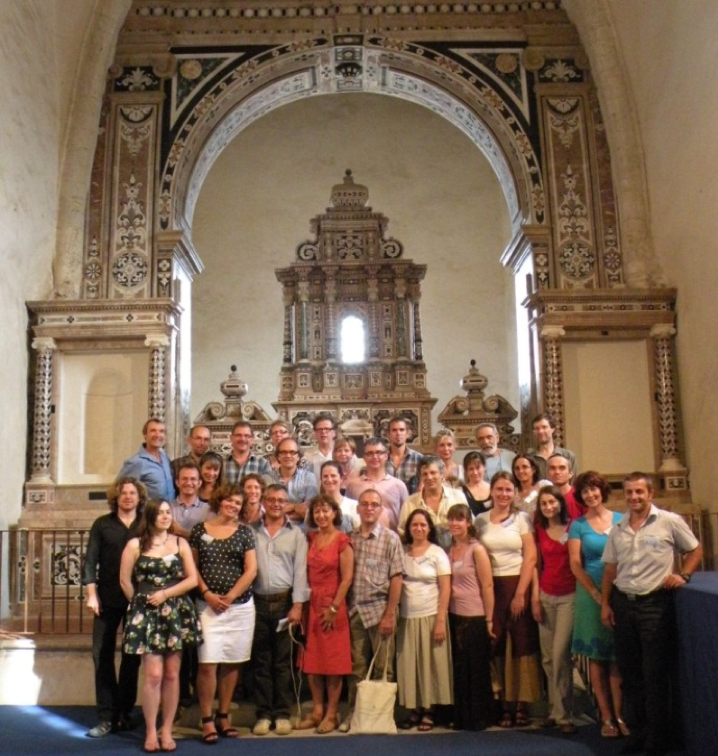First published on 09/11/2011, and last updated on 01/23/2018
By: Iris Benes, Collaborator for East and Central Europe
On 11-16 September over thirty-five people gathered in Gerace, in the Southern Italian region of Calabria, to assess the current state of community conservation in Europe and examine how local communities still do have a role in managing and governing their natural environments.
For me personally, it was an invigorating feeling being surrounded by people from all over Europe sharing similar thoughts, interests and activism and particularly interested in community conservation. It was evident from the start that issues relating to ‘indigenousness’ in Europe are highly complex and in many cases contentious, with concepts such as commons and community being interpreted differently according to varying historical social systems. It struck me as urgent the need to preserve traditional knowledge relating to the land. The last generation possessing it may not be alive for long and must thus transfer it to younger generations. There is a need for greater incentives to carry this process forward, giving power and rights to old and new communities to manage areas with precious natural resources. In most European countries, regardless of capitalist or socialist heritage, state policies did not stimulate, and sometimes outright abolished, community conservation practices. This is why, today, one can find such practices mostly if not solely in far-away areas, among the communities who have managed to keep themselves “below the radar“. Reaching such communities, offering them adequate support and trying to form a network of people who have kept their unique capacities and practices because of their relative isolation is clearly a challenging proposition. The recognition of and support to ICCAs in Europe need a strategic, integrated framework and I look forward to collaborating with scientists, nature conservationists, governmental and non-government organizations and most of all communities in a joint effort to save the bio-cultural jewels of Europe.
More information can be found HERE.
